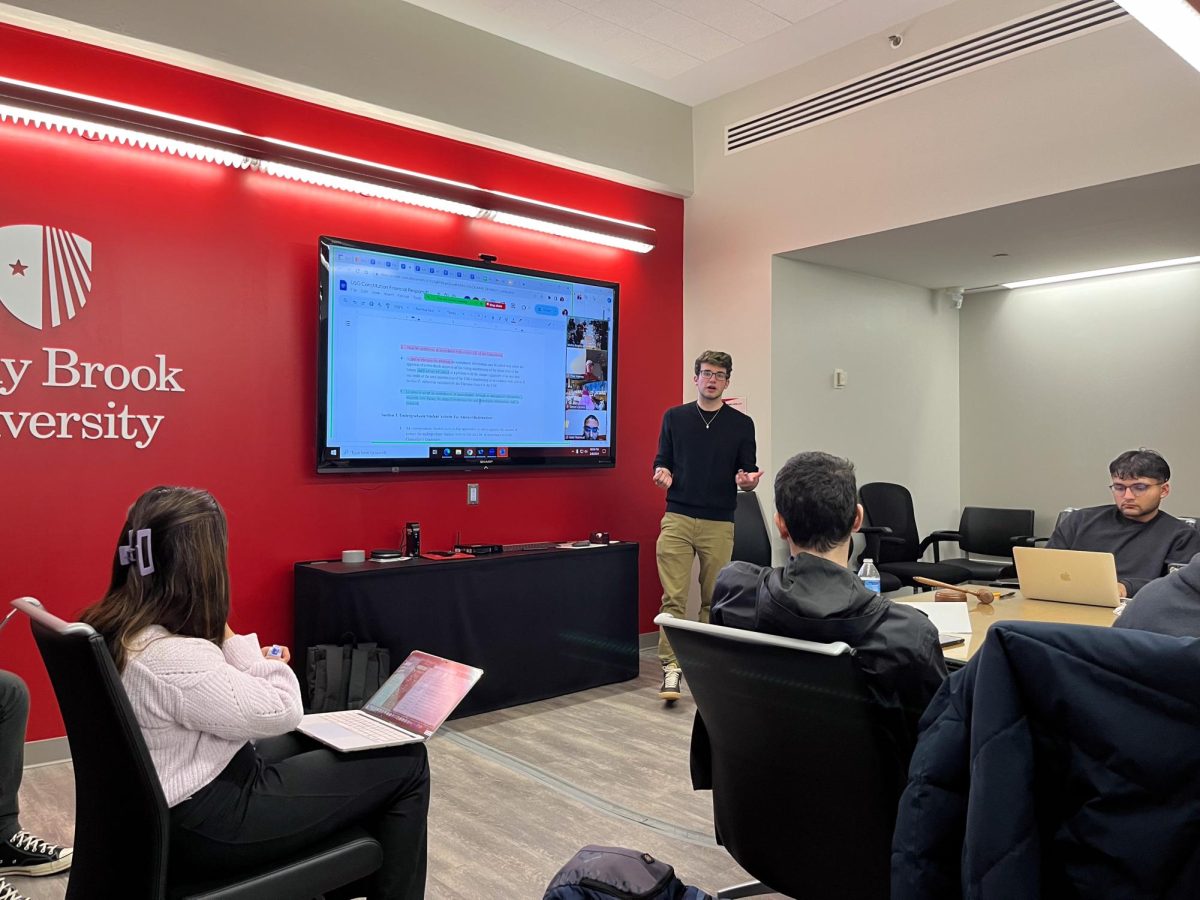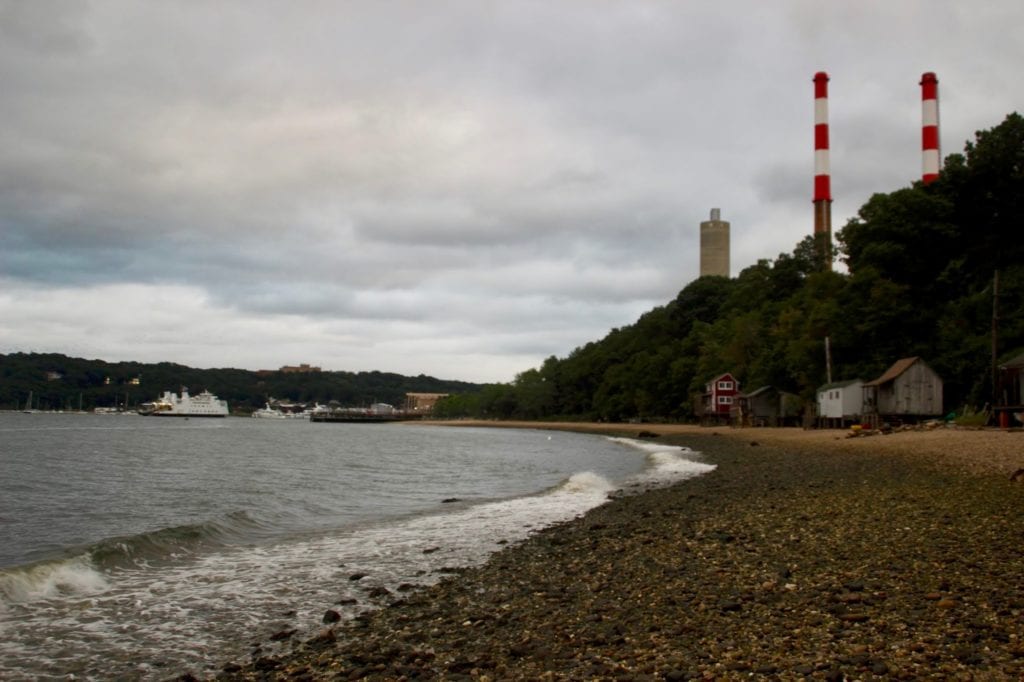After a string of tough losses and close calls, the Seawolves 0-6 start seemed to have no end in sight. It would take Saturday’s match-up against streaking Dartmouth for their first win of the season, breaking a nine game losing streak dating back to last season.
Ricky Lucas led with his 19 points and eight boards, as one of four Seawolves’ in double figures. Mitchell Beauford (15 points), Demetrius Young (12 points, 14 rebounds) and Emanuel Neto with 10 points would carry SB.
After taking a 30-15 lead into the second half, the Seawolves would open up a decisive 16-6 run over the first five minutes. A layup by Young would put SB up 46-21, but Dartmouth’s Kurt Graeber would pull down a missed shot and slam it home to break up the momentum.
The Seawolves would stretch the lead out to 61-34 at the 6:18 mark, and any run that Dartmouth would make after only delayed the inevitable. Stony Brook finished the half shooting 53% from the field and scoring 40 points, easily their best effort of the season.
Overall, Stony Brook moves to 1-6 on the season, with five more games until beginning their conference schedule on Jan. 3, 2008. Stony Brook leads the series against Dartmouth 3-1, avenging last year’s 70-51 loss in dramatic fashion. SB travels to Lehigh on Dec. 5 looking for a second straight win.











